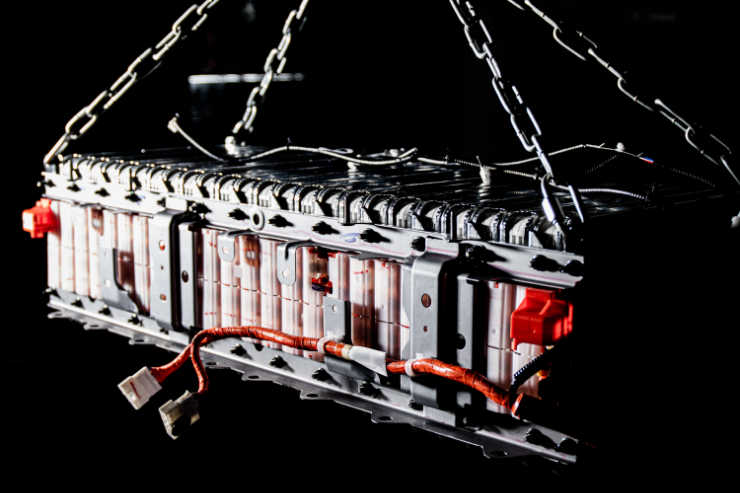
By P5h @ Shutterstock.com
In the race for mass production dominance of the EV market, manufacturers are avoiding expensive and rare materials like nickel and cobalt, even though their performance, when combined with lithium in batteries, is still the best. Instead, EV makers are using cheaper, “almost-as-good” lithium-iron-phosphate batteries. Reuters reports:
As the auto industry scrambles to produce more affordable electric vehicles, whose most expensive components are the batteries, lithium iron phosphate is gaining traction as the EV battery material of choice.
The popularity of the chemical compound known as LFP is due partly to environmental and geopolitical concerns. But technological advances have also reduced the performance gap with more widely used materials such as nickel and cobalt.
LFP, embraced by EV industry leader Tesla (TSLA.O) two years ago, has sparked new interest especially in the U.S., where a clutch of domestic and overseas manufacturers has pledged more than $14 billion in new production facilities.
Overseas, two of the world’s largest automakers, Toyota Motor (7203.T) and Hyundai Motor (005380.KS), have both announced plans in the past week to equip their future vehicles with LFP batteries, but have not disclosed plans for the U.S.
“LFP is less expensive than cobalt and nickel, and all the minerals can be obtained here in North America (which means) much lower transportation costs and a more secure supply chain,” said Stanley Whittingham, professor at Binghamton University in New York and a 2019 Nobel laureate for his work on lithium ion batteries.
The addition of manganese, a staple ingredient in rival nickel cobalt manganese (NCM) battery cells, has enabled lithium iron phosphate cells to hold more energy than previously, providing EVs with more range — up to 450 miles (724 km) on a single charge, Toyota said recently.
Read more here.
